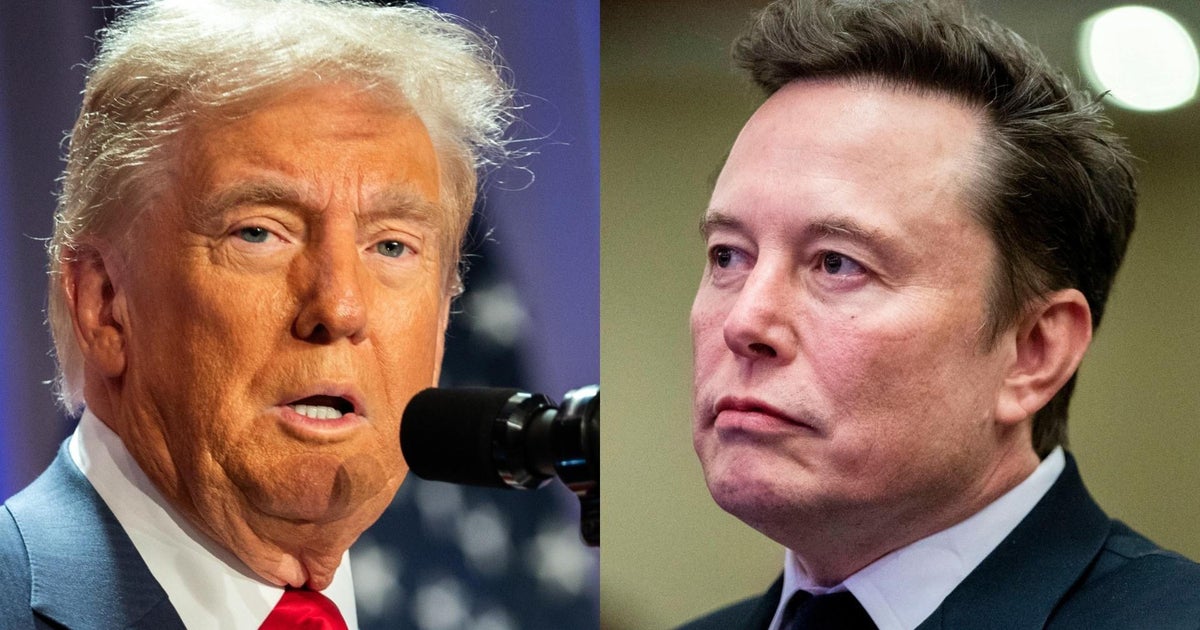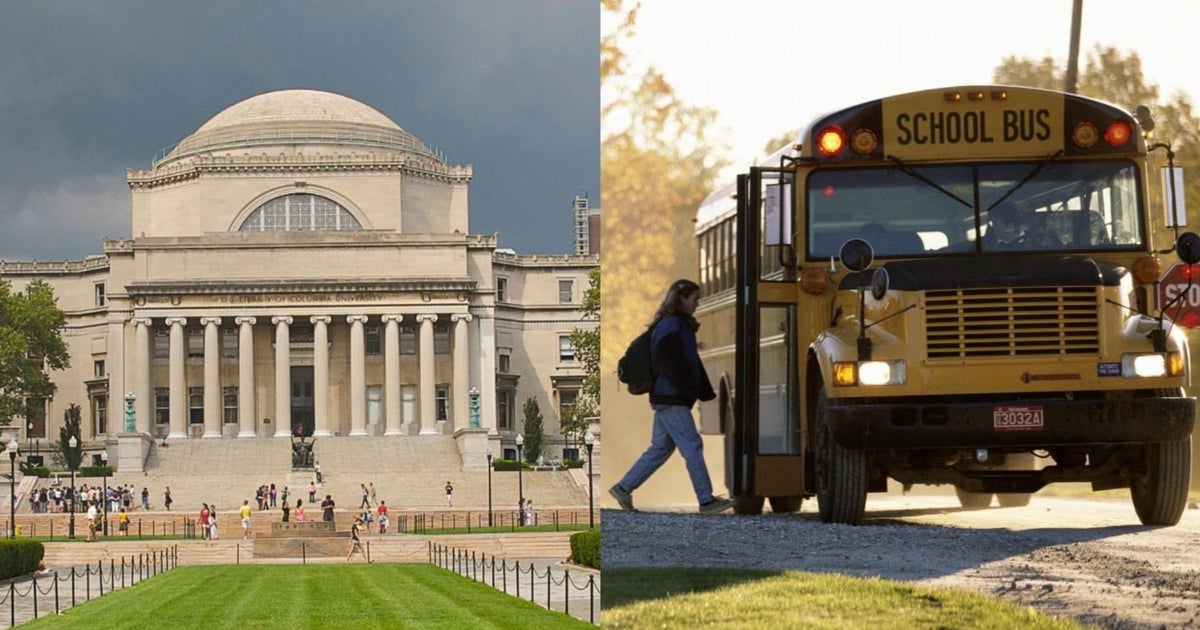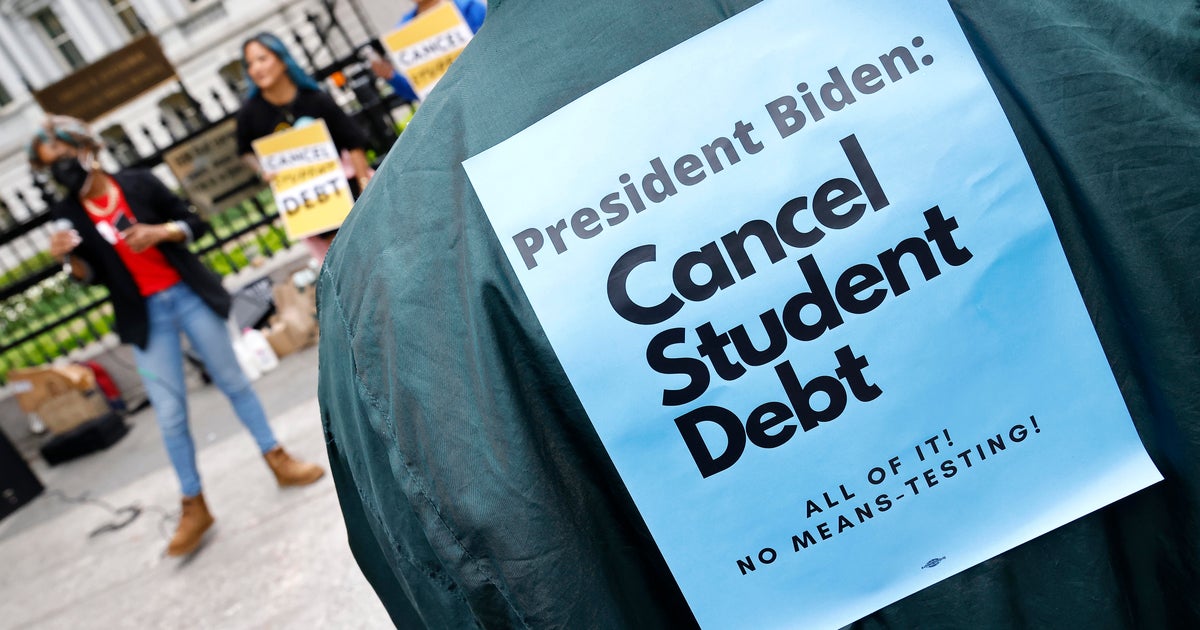CBS News
Confused about the cost of going to college? Join the club.

Soaring tuition costs in the U.S. aren’t the only obstacle to attending college these days. Many Americans struggle with a more basic task — simply figuring out how much a bachelor’s degree would cost them,
A new study from Gallup and the higher-education foundation Lumina shows that a large majority of people remain convinced of the merits of going going to college. But the costs dissuade many from enrolling, while less than a quarter of respondents were able to estimate the cost of getting a bachelor’s degree within $5,000 of its actual price, the analysis found.
Tuition fog
Such confusion is especially problematic as colleges push up the sticker price of attendance to nearly six digits, often as a marketing ploy to signal their exclusivity. Because few students and their families actually pay that price, thanks to financial aid and other supports, focusing on that number can be misleading, experts note.
“People hear that $100,000 and then they just make these assumptions that that’s what college costs,” Courtney Brown, Lumina vice president of impact and planning, told CBS MoneyWatch. “That one story becomes the myth of what it costs.”
Yet it’s also hard for people to predict what college will cost from year to year, given that students must reapply each year for financial aid, while colleges often change their tuition and fees, she noted. That can throw students for a loop, especially when they don’t have a lot of wiggle room in their budgets.
“Colleges are doing a disservice to their students because there’s not full disclosure on how much it costs,” Brown said. “The No. 1 recommendation is that institutions need to be more transparent in exactly what it’s going to cost” to earn a degree.
That may partly explain why a majority of those polled were unable to accurately estimate the cost of college. The actual cost of attending an in-state public college is about $15,000 annually, Gallup and Lumina said. But about half of those polled said they believed the price was below $10,000 per year, while a third pegged it at more than $20,000 annually.
Both misperceptions can lead to poor outcomes. For instance, people who think college is more expensive than it actually is might be less likely to enroll, missing out on critical educational opportunities.
Meanwhile, “Those that underestimate the cost may be more concerning because those are the people that are then having to take out more loans,” Brown noted. “They’re thinking it’s not going cost as much, and then they realize, ‘Oh, wait, I have to pay for room and board and food and all these other things,’ and they’re the ones that are having to take out more loans.”
“It impacts everything”
The study, which surveyed almost 14,000 people ranging from enrolled students to Americans who never attended college, also highlights the adverse impact student debt can have on people’s lives.
About 7 in 10 people with student loans said they had delayed at least one important milestone because of the debt, ranging from buying a home to getting married. About 1 in 7 said they had pushed back either getting married or having children due to their college loans, the research showed.
“This is really important to pay attention to because if we want to have thriving communities, then we can’t have people who are being crippled by student loan debt,” Brown said. “If you can’t pursue normal life activities because of this, then that’s a problem for our communities, and it impacts everything — it impacts our health, it impacts our democracy, it impacts our community life.”
Brown noted that tackling student debt through new repayment plans or forgiveness, as the Biden administration is doing, is important, but she added there also needs to be a focus on reining in college costs and providing more transparency to students.
“College degrees are important to our current workforce and our future workforce — we know people that have more education are healthier, contribute more to our communities are more satisfied in their jobs,” Brown said.
She added, “But it’s not accessible, and we have to address the root cause of this and try to figure out ways to make it affordable and stop the that large accumulation of student debt that’s crippling so many people.”
CBS News
How Trump is influencing decision-making on Capitol Hill

Watch CBS News
Be the first to know
Get browser notifications for breaking news, live events, and exclusive reporting.
CBS News
What comes next in Trump’s Georgia election interference case after Willis’ removal

Watch CBS News
Be the first to know
Get browser notifications for breaking news, live events, and exclusive reporting.
CBS News
A look at the aid efforts inside Gaza amid the Israel-Hamas war

Watch CBS News
Be the first to know
Get browser notifications for breaking news, live events, and exclusive reporting.







